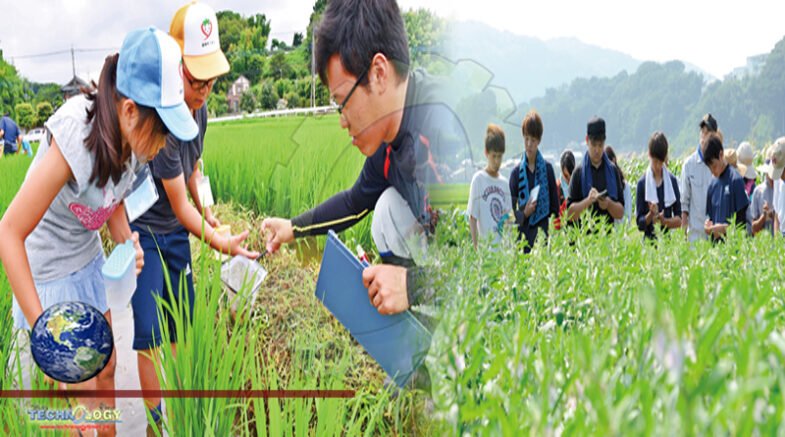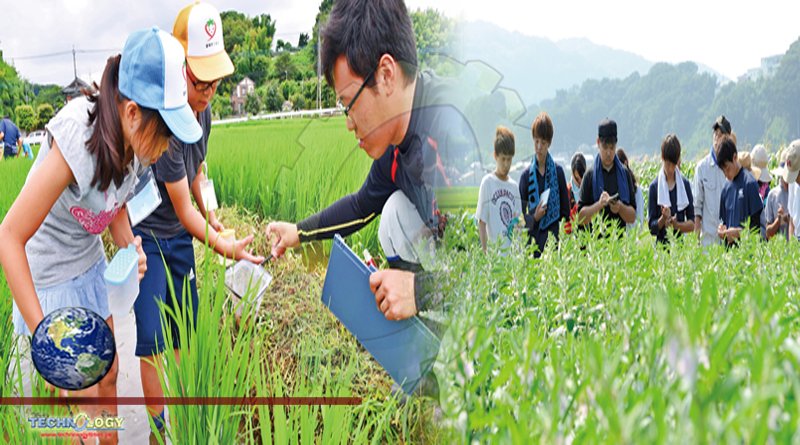The 130-year-old agricultural spirit that has guided graduates of the Tokyo University of Agriculture (Tokyo NODAI) – most of whom are Japan’s farmers, business owners and government leaders, continues to shepherd students to become well-rounded community contributors. Learners from China and Southeast Asia to as far as Brazil, Africa and North America are welcome to grasp the university’s practical science approach within its six undergraduate faculties and two graduate programmes.

“We aim to support the lives of people through research and education in multidisciplinary science for agriculture,” says Katsumi Takano, president. “We foster capable individuals who will contribute to society by maintaining sustainable land and promoting self-sufficiency in food production.”
We aim to support the lives of people through research and education in multidisciplinary science for agriculture Katsumi Takano, president
Tokyo NODAI’s achievements in agricultural research and development are remarkable. Through the university’s revitalisation efforts, rice can now be safely grown in tsunami-ravaged Soma city, Fukushima. Nurturing preferred partnerships with local governments, particularly in Africa, Tokyo NODAI works extensively with farmer associations in activities including farmer education in Djibouti on water shortage solutions, genetics studies on yam harvesting in Nigeria and rice cultivation in Tanzania.
“Tokyo NODAI contributes to area development not just by giving knowledge, but also by providing tools,” Takano says. “We support countries in need of agricultural redevelopment or revitalisation. Ultimately, our goal is to return man to the farm.”
The unmatched success of the university’s fermentation science department is also noteworthy. Alumni of its specialised courses lead at least half of the country’s 1,200 sake manufacturers.
“Graduates of our fermentation department are scattered all over Japan,” Takano says. “As leaders and managers of top sake-making companies, they support the regional economy and keep the culture alive within these establishments.”
With an office in Thailand, Tokyo NODAI is widening its Southeast Asian reach. It organises the annual International Students Summit on Food, Agriculture and Environment, and will hold the 20th summit at Bogor Agricultural University in Indonesia.
Originally published at SCMP
